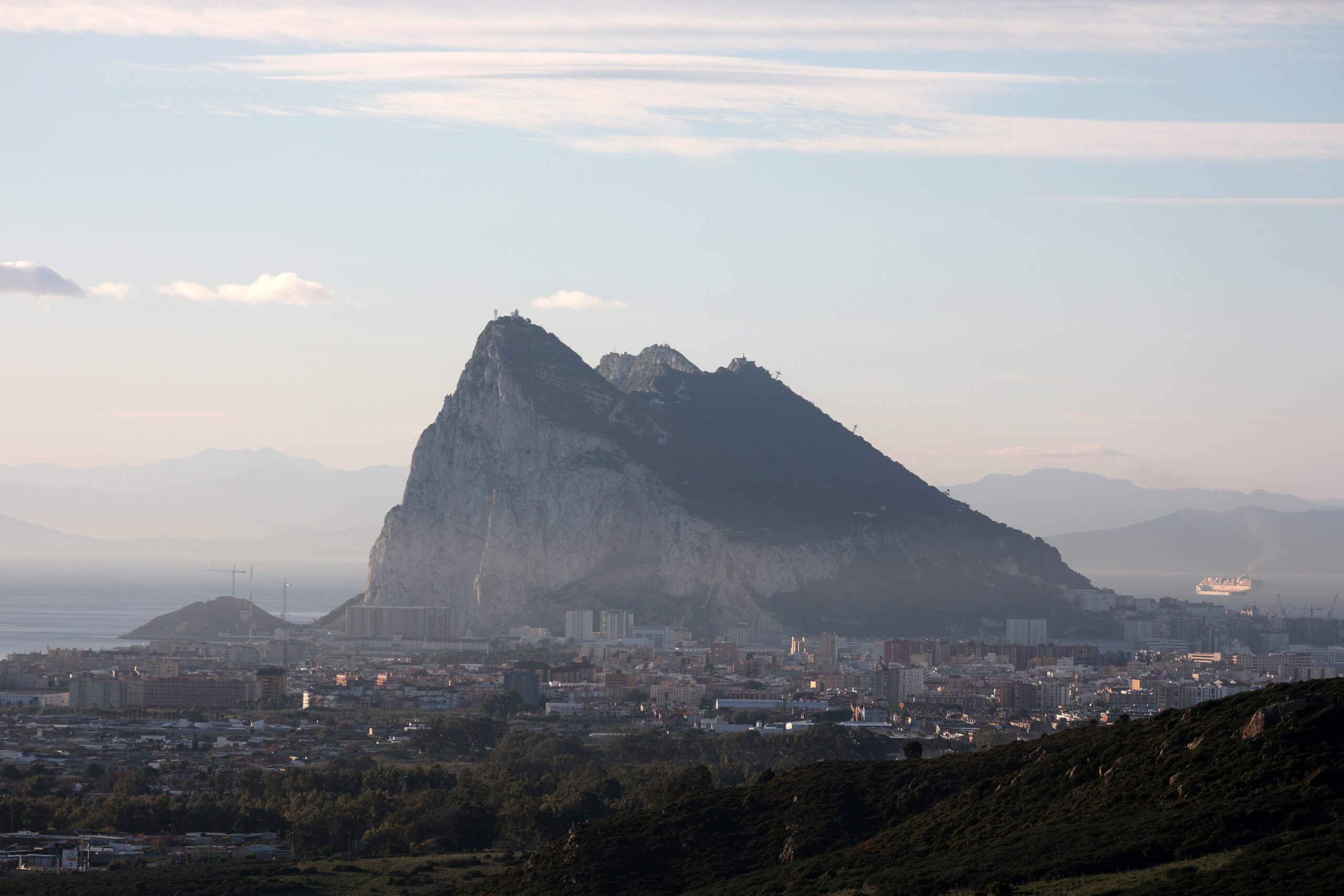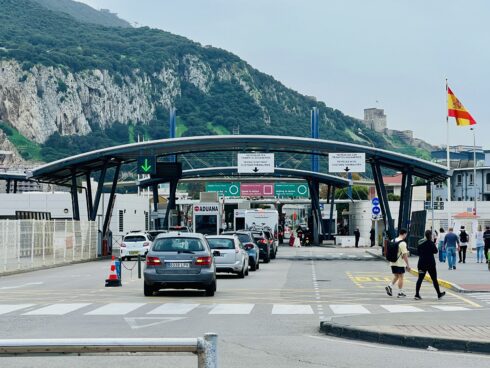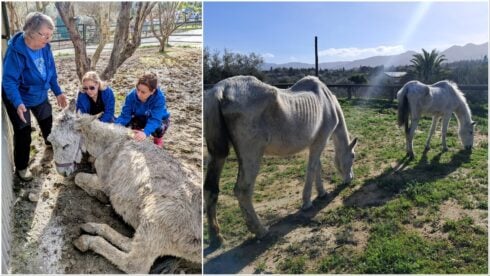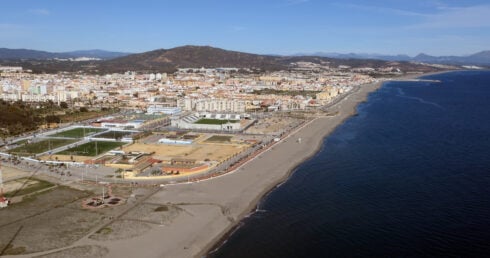THERE is growing fear that Gibraltar could lose up to a third of its public revenue after the UK hiked taxes on online gaming.
Chancellor Rachel Reeves unveiled a sweeping overhaul of gambling duties that will see those on remote gaming almost double from 21% to 40% from next April in Wednesday’s budget.
The move is expected to raise an extra £1.1 billion a year by 2029–30 for the UK treasury – but also inflict concomitant losses of up to £160 million on its overseas territory, based on Gibraltar government estimates.
The announcement has caused an earthquake on the Rock, where the gaming sector supports more than 3,400 jobs and accounts for almost a third of GDP.
Finance Minister Nigel Feetham said the UK’s decision was ‘not a good outcome’ for Gibraltar, and confirmed it falls within what has been euphemistically dubbed one of the ‘challenging scenarios’ modelled by the government and industry in recent months.
He told GBC: “They have increased the rates of tax significantly. In the online gaming space they’ve increased gaming tax from 21 to 40%.
“That is a significant jump from where it is today. By any stretch of the imagination, this is not a good outcome.”
The minister declined to estimate how much Gibraltar could lose in public revenue, and described the impact on Gibraltar as ‘essentially a transfer of wealth from Gibraltar to the UK’.
It is ‘too early’ to predict whether any firms might quit Gibraltar but the minister acknowledged that operators would now examine staffing levels, bonuses and other costs in response, adding that many already have contingency plans in place.
“There’s absolutely no doubt that this is a relatively bad impact for Gibraltar,” he added.
Entain, the owner of Ladbrokes and Coral – and Gibraltar’s largest private employer – said it was ‘deeply appalled’ by the scale of the rise and expects underlying profit to fall by £100 million next year and £150 million the year after.
The company said the changes would force it to cut costs, scale back investment and rethink its long-term structure in the UK market, which would inevitably impact upon Gibraltar.
Evoke, which owns William Hill and 888, warned of an additional £135 million in duty costs, while Rank Group forecast a £40 million hit to operating profit.
The UK’s Betting and Gaming Council called the measures a ‘devastating hammer blow’, saying the rise would push more punters towards unregulated offshore casinos that pay no tax and offer no consumer protections.
Meg Hillier, who chairs the House of Commons Treasury Select Committee, has been one of the most vocal MPs pushing for tougher regulation and higher taxation on online gambling.
She has repeatedly drawn a distinction between traditional forms of gambling, such as bingo halls and racecourses which ‘make a cultural contribution to our country’, and other forms.
“This is not the case for online slots and other remote gaming, which can quickly drain the bank balances of vulnerable people after just a few clicks of a button on a phone,” she said after the budget was announced.
Reeves also justified the duty rises by branding online gambling as being linked to the ‘highest levels of harm’.
Alongside the near doubling of remote gaming duty, general betting duty on online sports wagers will climb from 15% to 25% in 2027, while bingo duty will be scrapped and bets on horse racing remain exempt.
Shares in major gambling firms fell sharply even before the official announcement after the Office for Budget Responsibility mistakenly published the details early.
Click here to read more Gibraltar News from The Olive Press.








The is tax charged on the profits of the gaming company, explaining why shares in major gambling companies were sold off. So no disincentive to punters to curtail wasting their money, like is supposed to happen with smokers and drinkers of alcohol when duties are raised on those sectors.
” incentive” not ” disincentive,”!!